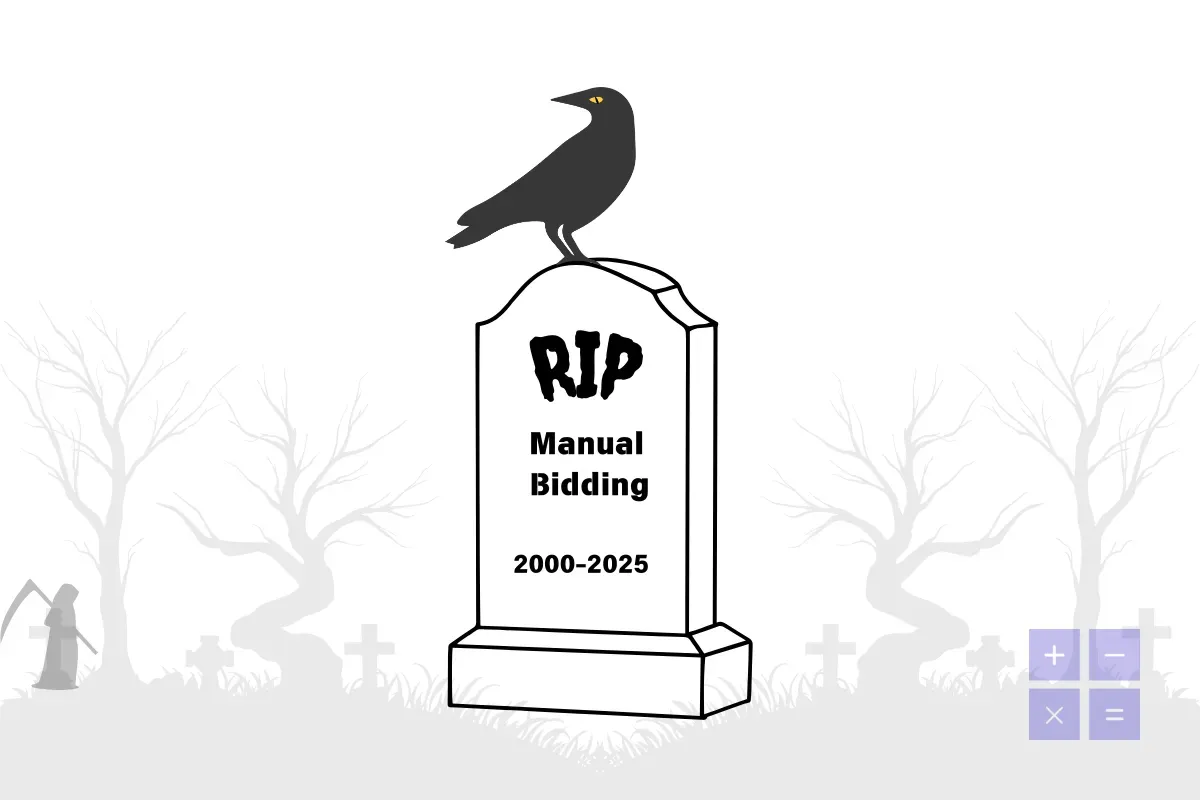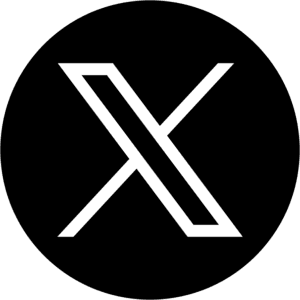
AI vs. Manual Bidding: Who Wins the ROAS Battle?
Meet Nishit – A Marketer Struggling with Rising Ad Costs Nishit, a paid ads strategist at a fast-growing DTC brand, logs into his Google Ads dashboard on Monday morning and his heart sinks.
🚨 His cost-per-click (CPC) has jumped 30% from last month.
🚨 His return on ad spend (ROAS) has fallen from 5x to 3x.
🚨 His best-performing keywords are getting outbid by competitors.
"We're spending more on clicks, but our conversions aren't keeping up," he tells his team.
Like many advertisers, Nishit has been manually adjusting bids, relying on historical CPC trends, and following static keyword strategies. But the landscape has shifted—competitors are using AI-driven bidding strategies to outbid and outperform him.
💡The reality? AI-powered bid optimization is no longer an option—it's a necessity.
In this article, we'll break down:
✅ Why traditional manual bidding is failing marketers.
✅ How AI optimizes bids in real-time to maximize conversions.
✅ Why intent-based targeting is critical for reducing wasted spend.
✅ Case studies of brands achieving higher ROAS with AI-driven bidding.
✅ AI-powered tools every marketer should be using today
1.Why Manual Bidding is No Longer Enough
Traditionally, advertisers managed bids manually based on:
Historical CPC trends from Google Keyword Planner.
Competitor analysis using SEMrush or Ahrefs.
Rule-based adjustments at set intervals.
🚨The Problem?
1️⃣ Market competition is unpredictable – CPC can fluctuate in minutes, making manual bid adjustments ineffective.
2️⃣ Consumer intent is dynamic – The same keyword can have different purchase intent based on context.
3️⃣ AI outperforms humans in optimization – Google’s AI processes 70 million signals per second to adjust bids, something no human team can match.
Example: The Death of Manual Bidding
🔹 Five years ago: A DTC shoe brand bidding on “best running shoes” could set a static bid and expect steady conversions.
🔹 Today: AI-driven bidders automatically adjust CPCs based on:
Time of day (higher bids during peak shopping hours)
Device type (higher bids for mobile users)
User behavior (higher bids for high-intent queries)

2.AI-Driven Bid Optimization: How It Works
AI-powered bid optimization replaces manual decision-making with real-time machine learning algorithms that adapt to:
Auction-time bidding – AI sets bids for each individual search auction, not just a few times a day.
Predictive adjustments – AI analyzes past data and future trends to bid proactively.
Cross-channel optimization – AI manages budgets across Google Ads, Meta, Amazon Ads, and more.
Traditional vs. AI Bidding: Key Differences

🚀 Real-World AI Success Stories
📌 Nespresso (Google AI-Powered Search Campaigns)
Challenge: Boost direct-to-consumer (DTC) sales.
Solution: Implemented AI-powered Smart Bidding for better ad placement.
Results: 25% increase in purchases after adopting AI-driven bid optimization.
3. Intent-Based Targeting: The Future of AI-Driven PPC
Keywords alone are no longer enough. Search intent now drives bid adjustments.

Why It Works:
Higher ROAS: AI eliminates irrelevant clicks, boosting ad efficiency.
Lower CPC: AI bids only when the intent is strong, reducing wasted spend.
📌 Google’s Performance Max campaigns use this strategy to predict which intent signals lead to conversions.
4. AI-Powered Strategies to Maximize ROAS & Reduce CPC
1. AI-Based Smart Bidding (Google, Meta, Amazon Ads)
Uses machine learning to analyze millions of signals per second.
Adjusts bids based on real-time user behavior, conversion likelihood, and market trends.
2. Predictive Budget Allocation
AI shifts budgets to the best-performing campaigns & audiences automatically.
3. AI-Driven Negative Keyword Filtering
AI prevents ads from appearing for irrelevant searches, reducing wasted ad spend.
4. Multi-Channel AI Attribution
AI tracks cross-device journeys, ensuring accurate conversion data for better bid optimization.
📌 Example: A fintech startup using BooleanMaths AI improved their ad targeting efficiency by 40% using multi-touch attribution data.
5. Best AI Tools for Automating Bid Management & Targeting
🔑 Google Smart Bidding – AI-powered real-time bid adjustments. (Google Ads)
🔑 Meta Advantage+ AI Bidding – AI-driven ad targeting & budget allocation. (Meta Ads)
🔑 Amazon AI-Powered Bidding – Optimizes bids for Amazon PPC campaigns. (Amazon Advertising)
🔑 BooleanMaths AI Attribution – AI-based conversion tracking & budget optimization. (BooleanMaths)
Final Thoughts: Why AI is the Future of PPC Success
Nishit no longer spends hours adjusting bids manually. AI now:
✅ Optimizes bids in real-time
✅ Predicts high-intent keyword performance
✅ Reduces CPC & maximizes ROAS







